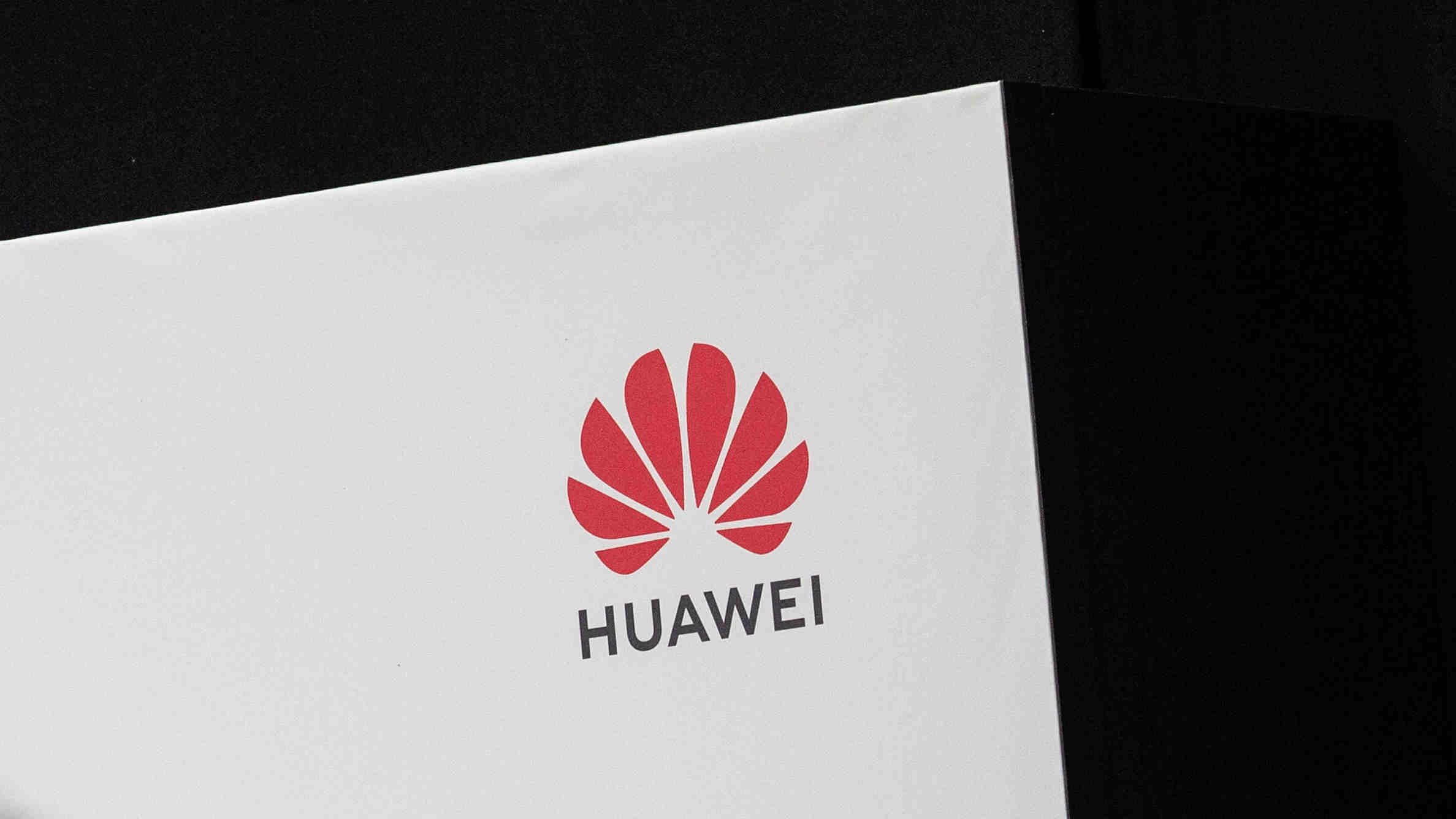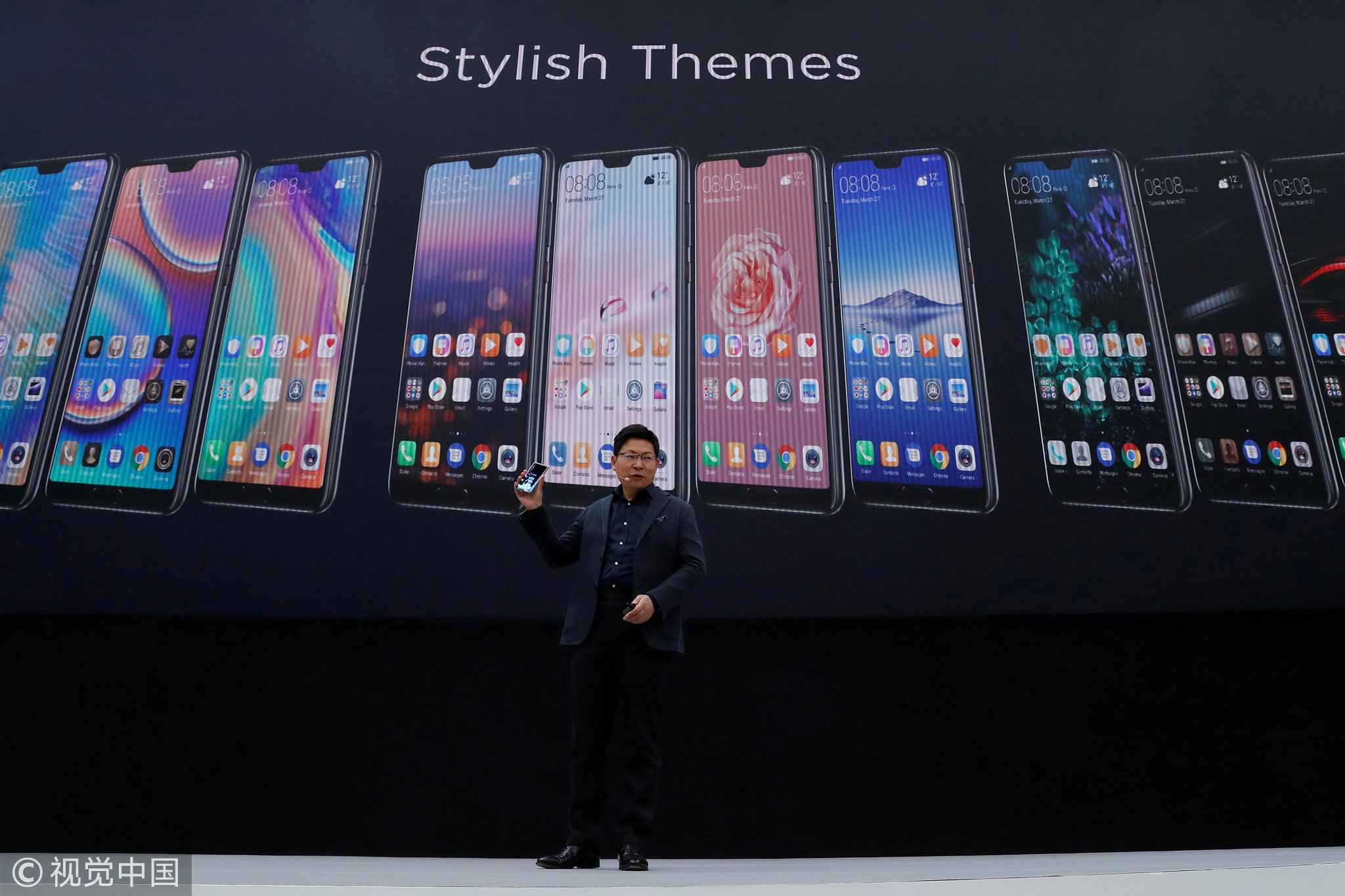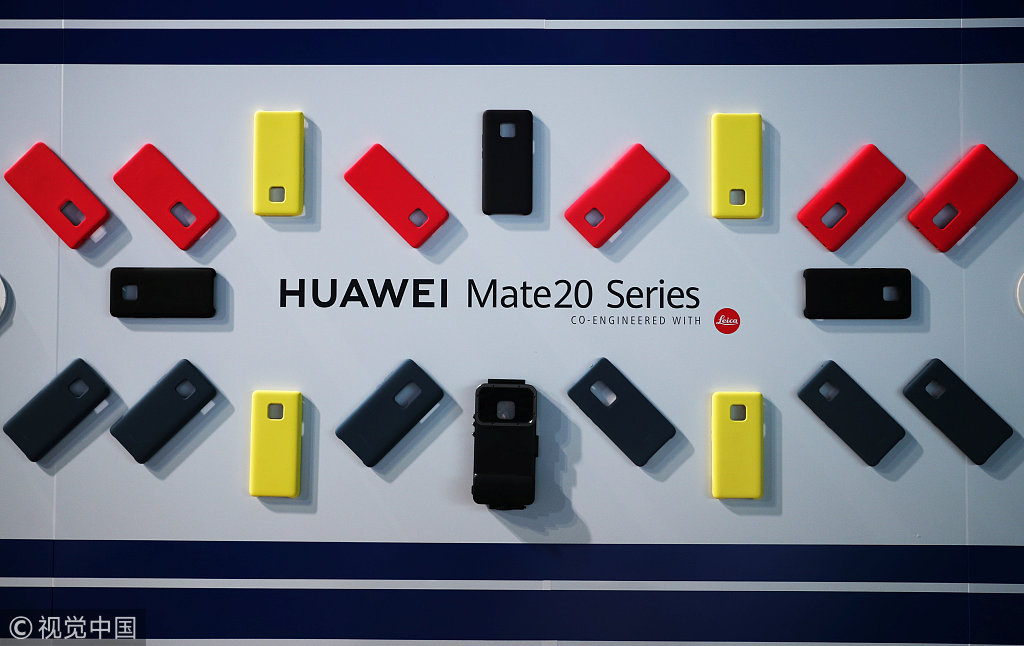
Opinion
19:35, 25-Apr-2019
Limited participation for Huawei: Theresa May's compromise?
Tom Fowdy

Editor's note: Tom Fowdy is a British political and international relations analyst and a graduate of Durham and Oxford universities. He writes on topics pertaining to China, the DPRK, Britain and the U.S. The article reflects the author's opinion, and not necessarily the views of CGTN.
The United Kingdom, under the provision of Theresa May, made its final decision on Huawei. Daily Telegraph reported on Tuesday that after a meeting of the National Security Council, the prime minister decided that the Shenzhen-based firm would be allowed to participate in the construction of the UK's 5G network albeit with restrictions, participating in "non-core" parts of the network.
May's move came despite objections from more Conservative hardliners in her Cabinet, who were opting for a blanket ban. Given this, the British media were fast to depict the move as a "snub" to the United States, who had been lobbying London and others to exclude the firm outright. Huawei itself responded positively to the announcement.
Why did Downing Street make this decision?

VCG Photo
VCG Photo
While matters of British National Security cannot be taken lightly, ultimately sustaining Britain's economic relationship with China remains a paramount foreign policy priority. Thus, despite renewed pressure from the Trump administration, a collision course with China would have proved disastrous. Unable of course to alienate Washington at the same time, Theresa May opted for a compromise which sought to address security and economics simultaneously – illustrating Britain's fragile diplomatic standing.
British Chancellor of the Exchequer Phillip Hammond is attending the Belt and Road Forum in Beijing. As the man who is in charge of the country's economy, that is a big statement of Britain's foreign policy intent.
That is, that the UK seeks to continue to build trade, commercial and investment ties with China. A few years previously, his predecessor George Osborne said his country was in a "golden age" of ties with Beijing, and wanted the UK to become China's closest partner in the West. The UK has always been more open to the fact it can benefit from such ties.
Nevertheless, since that time Britain's foreign policy has inevitably encountered profound difficulties. The scenario of Brexit has alienated the country from Europe and serves to rewrite the country's entire economic and diplomatic strategy.

Richard Yu, CEO of the Huawei Consumer Business Group, attends the launching of the new generation of its smartphone, Huawei P20, in Paris, France, March 27, 2018. /VCG Photo
Richard Yu, CEO of the Huawei Consumer Business Group, attends the launching of the new generation of its smartphone, Huawei P20, in Paris, France, March 27, 2018. /VCG Photo
At the same time, a profound change across the Atlantic has seen the rise of an unpredictable and uncompromising presidential administration which has sought assertiveness against China, taking a coercive approach towards its allies on matters pertaining to China. As a result, Britain's "special relationship" with the U.S. has also placed some tough decisions on the table. Locked out of Europe, it cannot likewise afford to risk Trump's wrath.
Inevitably, this has brought Huawei to the table.
The United States has been aggressively lobbying countries around the world to ban the Shenzhen firm from participating in the construction of global 5G networks under accusations they will be used for espionage. Of special interest was the countries part of the "Five Eyes" alliance of intelligence-sharing, of which Britain itself is a member. Given this, a lot of media observers supported and anticipated the United Kingdom to endorse such a ban. However, much to the disappointment of many, it didn't.

A sign for the Huawei Mate20 smartphone series is seen at a launch event in London, Britain, October 16, 2018. /VCG Photo
A sign for the Huawei Mate20 smartphone series is seen at a launch event in London, Britain, October 16, 2018. /VCG Photo
Fearful of alienating both China and the United States, Theresa May has instead opted for a compromise solution. We might call it a rational solution. By giving it limited participation, excluding Huawei from the networks "core," the prime minister is attempting to politically check the claims advocated by the U.S., while also sustaining the benefits of the company's involvement and not angering Beijing.
It is then worth noting that on the same day as that decision was made, Theresa May quickly sought to pacify any disgruntled response from the White House by issuing Trump an invitation for an official state visit, something she was not prepared to do previously.
Given this, what we see here is a juggling and haggling of the United Kingdom's foreign policy goals in a position of diplomatic uncertainty. Squeezed out of Europe, Britain is desperately trying to maintain a delicate balance between Washington and Beijing.
While the United States will continue to be a close security partner and key ally, China will nevertheless continue to be a valuable economic partner. Thus, when it came to Huawei, Theresa May opted for a strategy seen so frequently throughout the Brexit saga, that is attempting to be everything to everyone at once, often provoking the anger of her party's right wing in the process.
(If you want to contribute and have specific expertise, please contact us at opinions@cgtn.com.)

SITEMAP
Copyright © 2018 CGTN. Beijing ICP prepared NO.16065310-3
Copyright © 2018 CGTN. Beijing ICP prepared NO.16065310-3